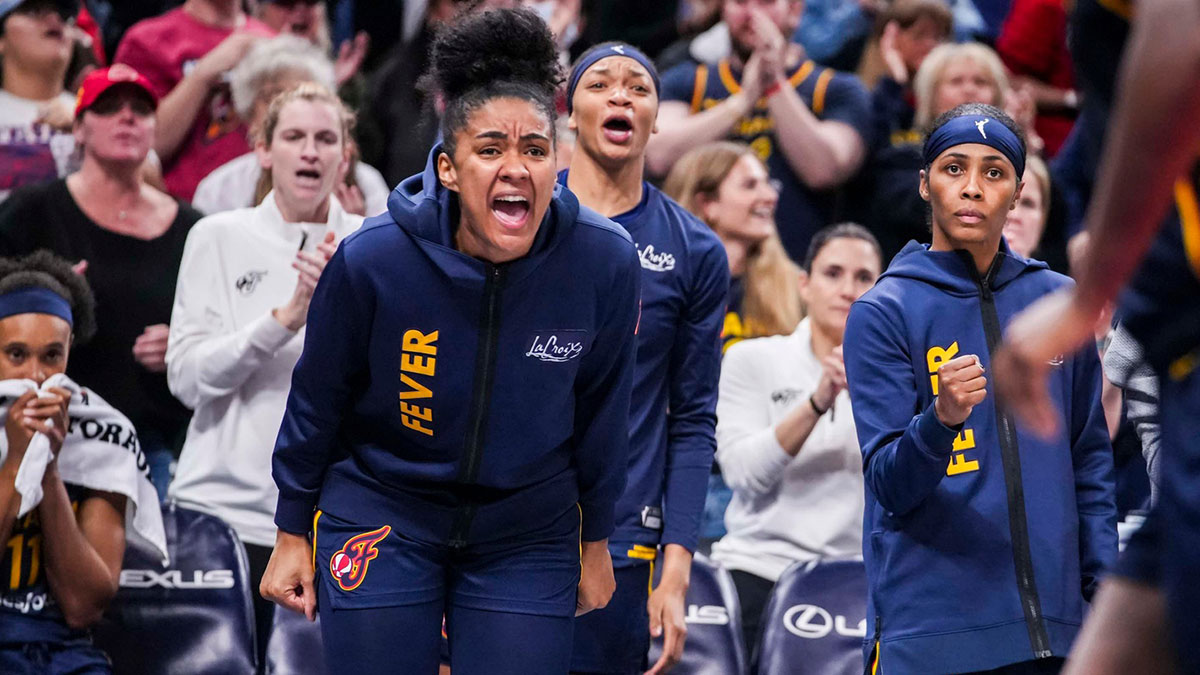Stephen King’s books are some of Hollywood’s most reliable sources of material to turn into movies and TV shows, and 2025 is shaping up to be one of the biggest years for adaptations of his work to date. There are four movies based on thing he’s written out this year — The Monkey came out in February, The Life of Chuck opens nationwide this week, and The Long Walk and The Running Man are slated for the fall — and two TV shows, The Institute and It: Welcome to Derry.
The Life of Chuck is particularly notable, because it stands a chance of doing something no King adaptation has done since 1999: earn an Academy Award nomination. The sci-fi fantasy based on King’s 2020 novella won the People’s Choice Award at the Toronto International Film Festival in 2024, and every People’s Choice Award winner since 2012 has been nominated for the Academy Award for Best Picture. The film is written and directed by Mike Flanagan, who, like The Shawshank Redemption director Frank Darabont before him, was primarily known for horror movies before this (including adaptations of King’s Gerald’s Game and Doctor Sleep) but is now taking on an uplifting, decidedly non-horror King project. It’s distributed by Neon, which also distributed reigning Best Picture winner Anora. The Life of Chuck isn’t considered to be a strong Best Picture contender at this point, but it’s in the race.
More from GoldDerby
As The Life of Chuck hits theaters, here’s a look back at how Stephen King adaptations have fared at the Academy Awards. There have been five nominees and one winner. Could The Life of Chuck be the sixth?
Carrie (1976)
Without Carrie, none of this would have happened. Director Brian De Palma’s adaptation of King’s debut novel is one of the greatest and most important horror movies ever made, and it established King as a big screen draw.
Carrie, which came out three years after The Exorcist became the first horror movie nominated for Best Picture, was nominated for two Academy Awards in 1976. It was a rare occurrence for horror films then, and it remains unusual to this day. It happened in Carrie’s case because the film’s characters were so well-conceived and the performances were so strong. Sissy Spacek was nominated for Best Actress for her starmaking performance as the titular telekinetic teen, who is abused by her mother and bullied by her classmates until, on prom night, they take it too far and Carrie fights back. Piper Laurie was also nominated for Best Supporting Actress for her performance as Carrie’s tyrannical mother Margaret. It was Laurie’s comeback film after a very long hiatus — she was nominated for Best Actress for performance in her previous film, The Hustler, in 1961. Her 15-year gap between back-to-back nominations is unique in Oscars history.
Carrie is an important piece of cinema history even beyond its Academy Award nominations. It was the very first adaptation of a Stephen King novel, and now, almost 50 years later, there are over 100.
Stand by Me (1986)
After Carrie, it was a decade before a King film was nominated for an Academy Award again, and this time it wasn’t for a horror movie. Director Rob Reiner’s coming-of-age drama Stand by Me, based on King’s 1982 novella The Body from the collection Different Seasons, earned one nomination at the 59th Academy Awards, for Bruce A. Evans and Raymond Gideon’s screenplay.
The era-defining film stars Wil Wheaton, River Phoenix, Corey Feldman, and Jerry O’Connell as four boys in 1959 Oregon who go on a journey to find the body of a missing boy so they can report its location to the authorities. It turns into a journey of self-discovery, as their camaraderie helps give each other the confidence to become who they want to be.
Stand by Me was a turning point for King adaptations, as it showed that his non-horror stories also had power — not only at the box office, but at the Oscars, too.
Misery (1990)
To date, Misery is the only Stephen King adaptation to ever win an Oscar. Kathy Bates received the Academy Award for Best Actress for her unforgettable performance as Annie Wilkes, the world’s most deranged romance novel fan. After rescuing her favorite author, Paul Sheldon (James Caan), from a car accident, she holds him hostage until he rewrites the end of his new novel to her satisfaction.
Misery was also directed by Reiner, with a script by William Goldman, who had previously won Academy Awards for writing Butch Cassidy and the Sundance Kid and All the President’s Men. It was Bates’ breakthrough film; she was primarily known as a stage actor beforehand. She was the film’s only nominee. She went on to earn three more Academy Award nominations, all for Best Supporting Actress.
Misery is the most successful cinematic fusion of King’s horror and drama tendencies. Its suspenseful, un-supernatural plot makes it more of a thriller than a horror film (though the famous “hobbling” scene is plenty horrifying), while Bates and Caan’s performances give it psychological depth. It’s the first of seven King adaptations produced by Reiner’s company Castle Rock Entertainment, which is itself named after a fictional town in Maine created by King as a setting for several of his stories.
The Shawshank Redemption (1994)
If The Shining and Carrie are generally considered by critics to be the best movies based on Stephen King stories, The Shawshank Redemption is probably in third place. It’s certainly the most widely beloved adaptation of his work by the public — it’s still the highest-ranked movie on IMDb. It’s also the most-nominated Stephen King adaptation.
Shawshank was nominated for seven Academy Awards in 1994: Best Picture; Best Actor for Morgan Freeman; Best Adapted Screenplay for Frank Darabont; Best Cinematography for Roger Deakins; Best Film Editing for Richard Francis-Bruce; Best Sound for Robert J. Litt, Elliot Tyson, Michael Herbick, and Willie D. Burton; and Best Original Score for Thomas Newman. It was shut out from winning, however; Forrest Gump won five of the seven categories Shawshank was nominated in.
The film is a prison drama about how Andy Dufresne (Tim Robbins) keeps his spirit alive while enduring a sentence for a murder he didn’t commit. It’s based on the novella Rita Hayworth and the Shawshank Redemption from the collection Different Seasons, the same one that The Body (Stand by Me) is from. It’s the first of three King adaptations written and directed by Darabont, and another Castle Rock production.
The Green Mile (1999)
The formula of Stephen King + Frank Darabont + Castle Rock + prison drama = success worked again for The Green Mile, which was nominated for four Academy Awards in 1999: Best Picture, Best Supporting Actor for Michael Clarke Duncan, Best Adapted Screenplay for Darabont, and Best Sound for Litt, Tyson, Herbick, and Burton.
The Green Mile is based on a 1996 novel and stars Tom Hanks as Paul Edgecomb, a death row prison guard who comes to believe that inmate John Coffey (Duncan) is not only innocent of the crime, but a true innocent, an embodiment of goodness, who has supernatural healing powers.
It’s the second of King and Darabont’s films together; it was followed by horror movie The Mist in 2007. It doesn’t enjoy the same enduring reputation as The Shawshank Redemption, but it was more successful at the box office upon initial release and is still well-regarded (it’s No., 26 on the aforementioned IMDb list).
Best of GoldDerby
Sign up for Gold Derby’s Newsletter. For the latest news, follow us on Facebook, Twitter, and Instagram.
Click here to read the full article.















